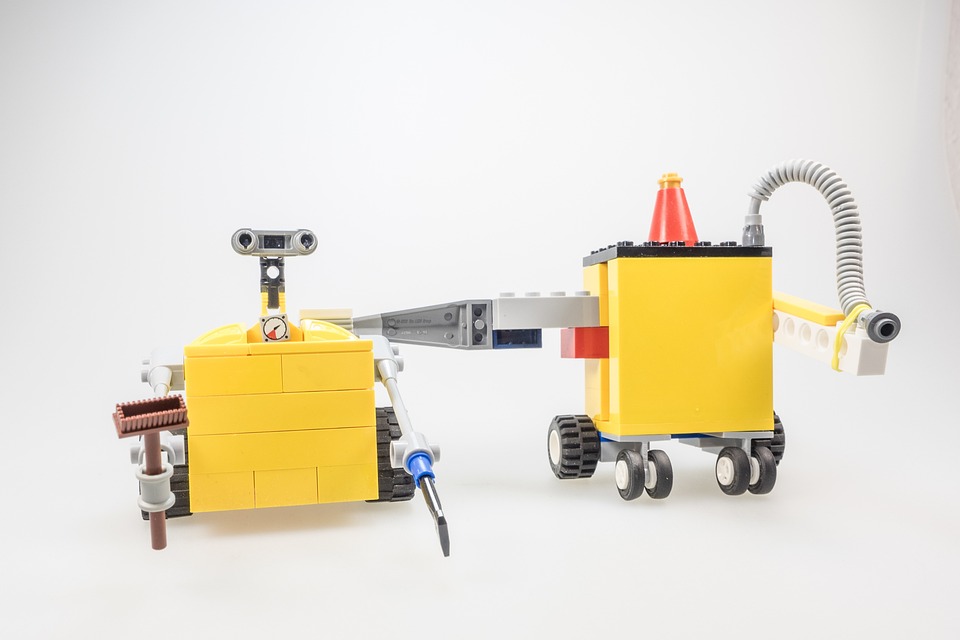[ad_1]
#Ethical #Quandaries #Robotics #Role #Society
The Ethical Quandaries of Robotics: The Role of AI in Society
As technology continues to advance at a rapid pace, the role of artificial intelligence (AI) in society is becoming increasingly significant. From self-driving cars to automated customer service chatbots, AI is transforming the way we live and work. However, with this transformation come ethical quandaries that must be addressed in order to ensure that AI is used in a responsible and beneficial manner.
Challenges of AI in Society
One of the key ethical challenges of AI in society is the potential impact on employment. As AI and robotics become more advanced, there is a concern that many jobs traditionally performed by humans will be automated, leading to widespread unemployment and economic disruption. Additionally, there are concerns about the potential for AI to be used in ways that infringe upon individual privacy and civil liberties.
The Role of Robotics in Healthcare
Despite these challenges, AI also has the potential to significantly improve society in a number of ways. In the healthcare industry, for example, AI-powered robotics are being used to assist surgeons in performing complex procedures, leading to better patient outcomes. Additionally, AI has the potential to revolutionize the way we diagnose and treat diseases, leading to more personalized and effective healthcare.
Transparency and Accountability
In order to address the ethical challenges of AI in society, it is essential that there is transparency and accountability in the development and deployment of AI technologies. This includes ensuring that AI algorithms are developed and tested in an ethical and responsible manner, and that there are mechanisms in place to hold those responsible for AI-related decisions and actions accountable.
Conclusion
In conclusion, the role of AI in society is a complex and multifaceted issue that raises a number of ethical quandaries. While AI has the potential to significantly improve our lives in many ways, it also presents significant challenges that must be addressed in order to ensure that it is used in a responsible and beneficial manner.
Summary
The ethical quandaries of robotics and the role of AI in society are becoming increasingly significant as technology continues to advance. Challenges such as the potential impact on employment, privacy concerns, and the need for transparency and accountability must be addressed in order to ensure that AI is used in a responsible and beneficial manner. Despite these challenges, AI has the potential to significantly improve society, particularly in areas such as healthcare where AI-powered robotics are already making a positive impact on patient outcomes.
FAQs
Q: What are some of the ethical challenges of AI in society?
A: Some of the ethical challenges of AI in society include the potential impact on employment, privacy concerns, and the need for transparency and accountability in the development and deployment of AI technologies.
Q: How is AI being used in the healthcare industry?
A: In the healthcare industry, AI-powered robotics are being used to assist surgeons in performing complex procedures, leading to better patient outcomes. Additionally, AI has the potential to revolutionize the way we diagnose and treat diseases, leading to more personalized and effective healthcare.
Q: What is the role of transparency and accountability in addressing the ethical challenges of AI?
A: Transparency and accountability are essential in the development and deployment of AI technologies. This includes ensuring that AI algorithms are developed and tested in an ethical and responsible manner, and that there are mechanisms in place to hold those responsible for AI-related decisions and actions accountable.
1706574365
[ad_2]
